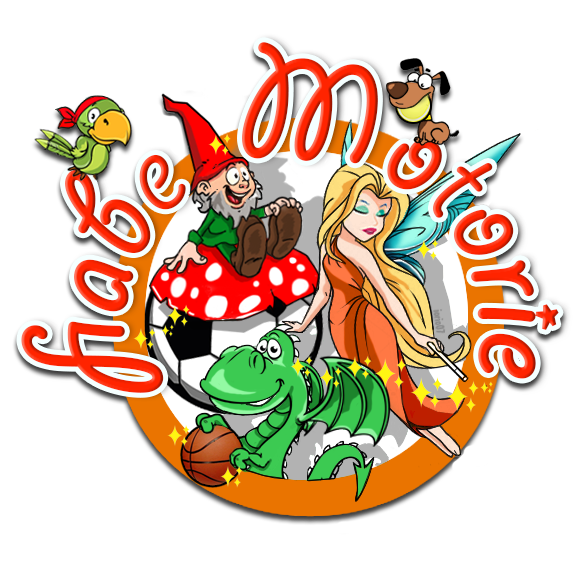During play, children reenact everyday scenarios, learning perspective through role play with their peers. There are connections between brain regions and neural networks. A neural network is a cluster the brain forms full of information to classify sensory experiences. They will be involved in many brain functions essential to learning. These neural networks are involved in children’s abilities to self-regulate, adapt, and detect another’s goals and feelings. This is one part of social competence.
Children learn appropriate ways to react and interact through experiences with their peers. They learn the context of commands and demands in active play, such as when to start running in a game of “red light, green light… 1, 2, 3”, or when to stop playing when a tag in a game of “tag” results in an injury.
The Importance of Social Competence
As children learn to act and react to social interactions in appropriate ways, they become socially competent. With developing communication skills, children practice language and pick up social cues from each other as they play. They often act-out examples they are exposed to, like real life situations and stories they heard. The valuable lesson of taking your time for efficient, sustainable results, from the story “The Three Little Pigs” expands to an experienced moment of teamwork and avoiding the villain when playmates act it out. Much like what children experience in the Motor Fairy Tales project, with structured, vigorous activity and the fantasy of fairy tales, they make connections between their actions and how to treat their peers.
Not only do they learn what others like and do not like, they become self-aware of what further interests them and what does not. Researchers at the University of Thrace and University of Crete, Greece wanted to know if a structured play activity made a difference on developing children’s social skills than regular free play, during recess. For four weeks, they observed two groups of 30 kindergarteners (14 boys and 16 girls in each), five- and six- years of age. They recorded children via video and used a checklist to keep an account of what skills students demonstrated. Specifically, the structured program prompted students to develop behavioral skills associated with four units. “(1) children’s transition from individuality to duality, (2) observance of the rules for turn-taking and emotional control of children, (3) children learn to play and communicate with each other (4) acceptance of others, mutual help, trust, responsibility, participation, gaining self-confidence and improvisation.” Researchers used the Social Skills Rating System to categorize each student’s social skills before and after the 4-week program and found that kindergarteners in a structured program are more likely to be socially competent [1].
Incidentally, a program such as Motor Fairy Tales is especially important. Through structured play students experience the use of props to relive stories. They play together and understand how to share, take turns and communicate with each other to reach a common goal.
[1]. Loukatari, P., Matsouka, O., Papadimitriou, K., Nani, S., Grammatikopoulos, V., (2019). The effect of a structured playfulness program on social skills in kindergarten children. International Journal of Instruction, 12(3), 237-252
Rabiyah Abdus-Salaam, MS Educational Research
Rabiyah Abdus-Salaam is an educational researcher. She focuses on cognitive development and how biological and external factors relate to the learning process in early childhood. Her goal is to use research on cognitive developmental neuroscience to inform public policy on education in public schools. She uses program evaluation tools and the science of learning to reduce racial and gender disparities in schools.
At ZWIFLY, Rabiyah expands her knowledge of cognitive developmental neuroscience research and developmental methods in partnership with the ZWIFLY Affiliate company Motor Fairytales based in Milan.



